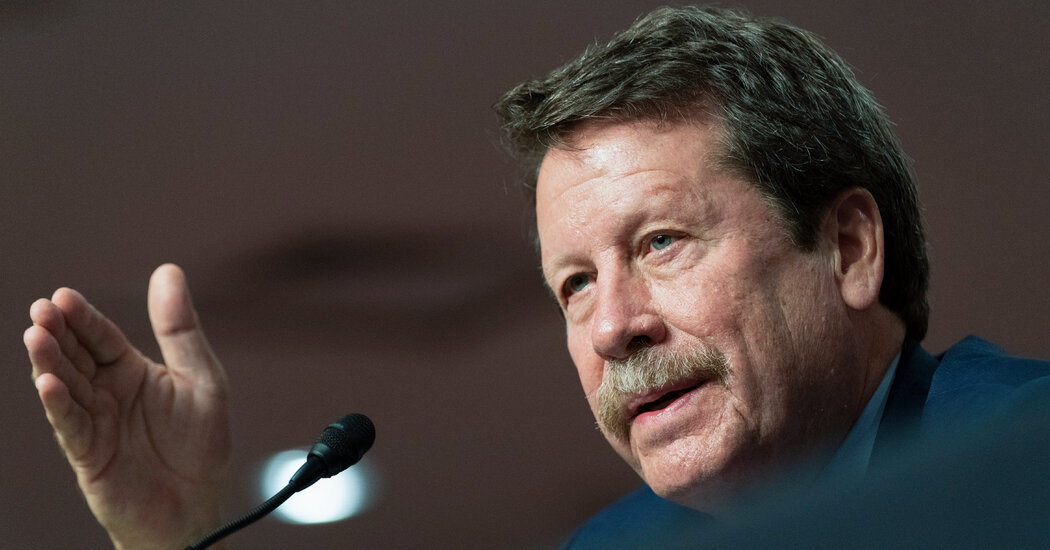
“Dr. Califf has refused to distance himself from the F.D.A. decision to abandon vulnerable pregnant women to the reckless and predatory actions of the abortion industry,” Mr. Daines said.
Five senators who caucus with Democrats — Mr. Manchin and Senators Bernie Sanders of Vermont, Maggie Hassan of New Hampshire, Mr. Markey of Massachusetts and Richard Blumenthal of Connecticut — opposed the nomination.
The Coronavirus Pandemic: Key Things to Know
Six Republicans — Senators Burr, Lisa Murkowski of Alaska, Susan Collins of Maine, Mitt Romney of Utah, Roy Blunt of Missouri and Pat Toomey of Pennsylvania — tipped the balance for confirmation. Of those Republicans, just one, Ms. Murkowski, is up for re-election and three — Mr. Blunt, Mr. Burr and Mr. Toomey — are retiring.
While Senator Mike Rounds, Republican of South Dakota, was opposed to the confirmation, he was marked as present as part of a pairing with Senator Ben Ray Luján of New Mexico, who is recovering from a stroke and would have voted “yes.”
Senator Elizabeth Warren, a Massachusetts Democrat, said in a statement that Dr. Califf secured her vote after agreeing to refrain for four years from seeking employment with or compensation from any drug or device company for four years after his term as commissioner.
The incoming commissioner will have plenty of work to do. The agency is facing an end-run around its tobacco control authority with companies marketing synthetic tobacco in flavors attractive to teenagers. Lawmakers are eager to see changes in how the agency fast-tracks drugs to the market after the controversial approval of the Alzheimer’s drug Aduhelm. And the agency has a lengthy backlog of foreign inspections to contend with, as roughly 80 percent of active drug ingredients come in from overseas.
Dr. Janet Woodcock, the interim commissioner, issued a statement on Tuesday, saying she will stay on as a principal deputy at the agency. She has been a target of lawmakers who say the agency spurred the opioid epidemic, which could prove relevant as leaders turn to Congress for new authority to tackle a range of issues.




